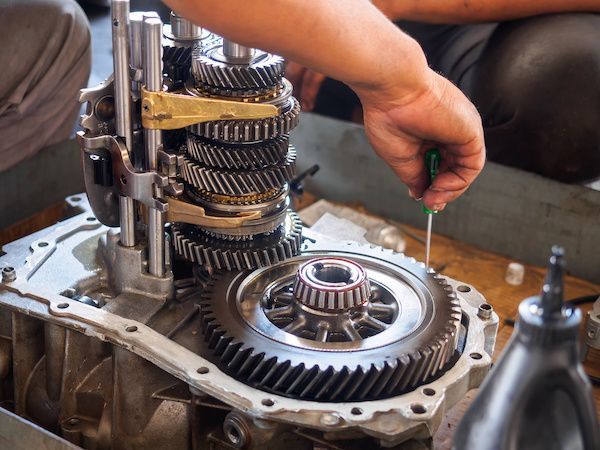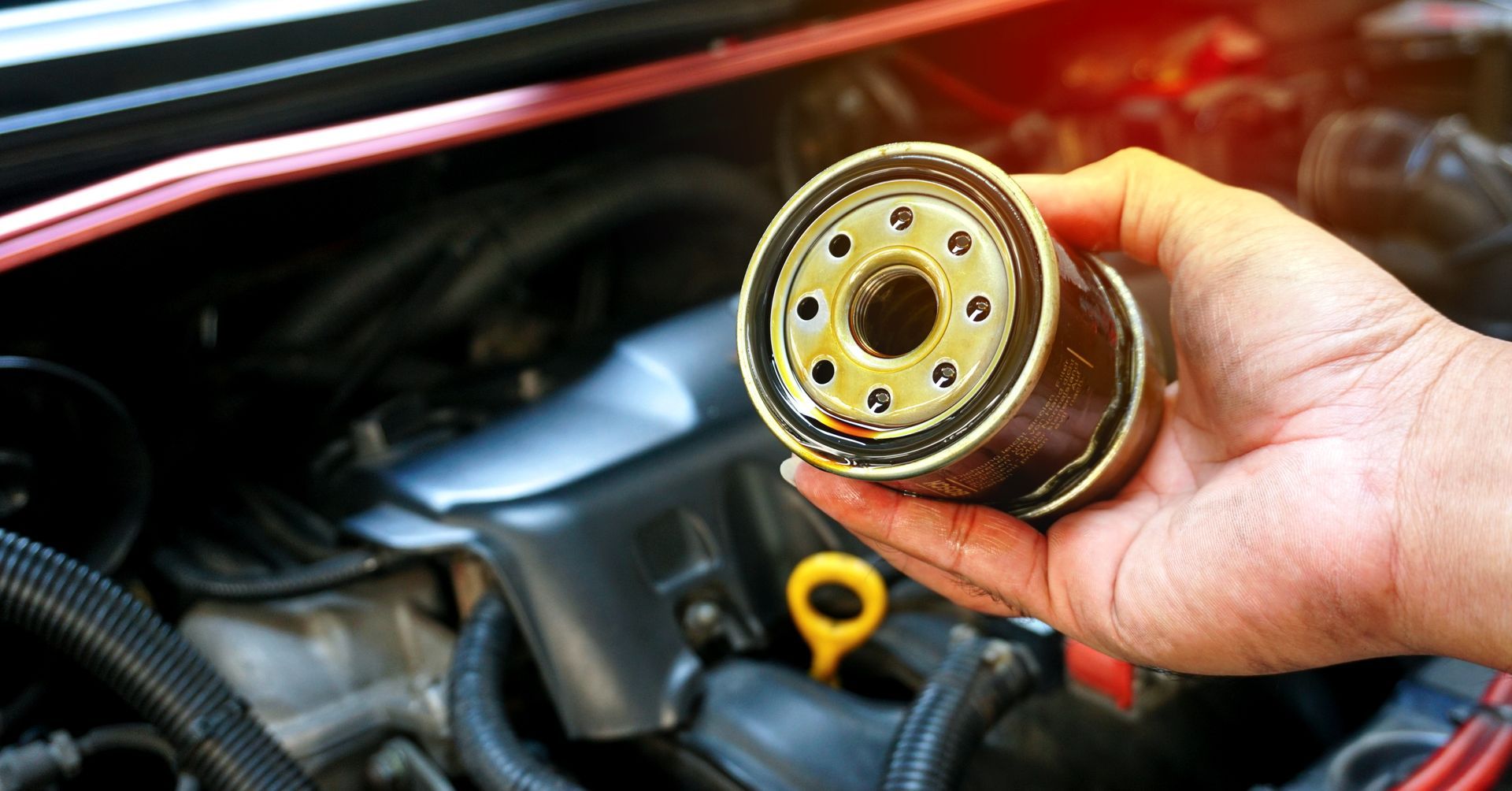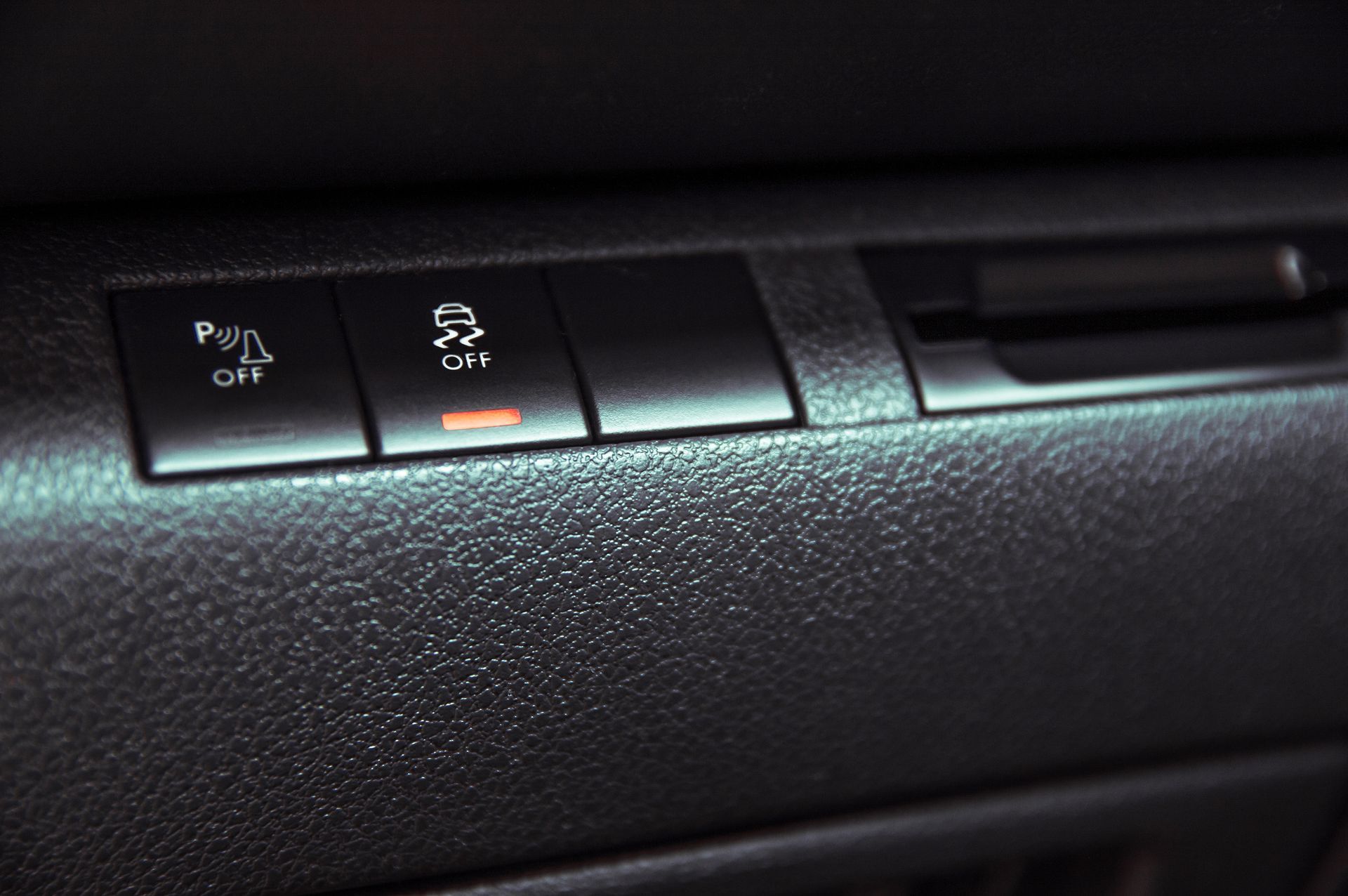Loading ...
Missing business hours data / Error occurred while getting the data.
Call Us Now :
Loading ...
Missing business hours data / Error occurred while getting the data.
Call Us Now :
Anti-Lock Braking System (ABS) - What Is It & How Does It Work?
Anti-Lock Braking System (ABS) - What Is It & How Does It Work?
Safety should always be your top priority as you drive along the road. Luckily, there's a technology called Anti-Lock Braking System (ABS) that works behind the scenes to keep you safe. Essentially, ABS ensures that your car's wheels don't lock up when you brake suddenly, which can cause you to lose control of your car - instead, it helps you come to a safe stop.
The Foundation
Before we dissect the mechanics, let's grasp the essence. ABS is your vehicle's sophisticated response to one of the most challenging scenarios on the road – sudden braking. Rather than the traditional pumping of brakes, ABS intervenes to maintain steering control and prevent wheel lockup, fostering stability and minimizing the risk of skidding during emergency stops.
The ABS consists of the following components:
Wheel Speed Sensors
Monitors the speed of each wheel.
Hydraulic Modulator
Adjusts brake pressure rapidly.
Electronic Control Unit (ECU)
Processes data from wheel sensors and controls hydraulic modulator.
Pump Motor
Assists in modulating brake pressure.
Valves
Regulate brake fluid flow to prevent wheel lockup.
ABS Controller
Coordinates the entire ABS system, ensuring optimal performance.
How ABS Reads the Road
At the heart of ABS lies a network of sensors strategically placed on each wheel. These sensors constantly monitor individual wheel speed. When sudden deceleration is detected, indicating a potential skid, ABS springs into action, making split-second decisions to modulate brake pressure on each wheel independently.
Brake Pressure Management in Real-Time
The magic of ABS unfolds in the hydraulic realm. The system utilizes a hydraulic modulator that adjusts brake pressure with lightning speed. Instead of maintaining a constant brake force, ABS modulates the pressure, allowing the wheel to rotate without locking up. This dynamic adjustment happens multiple times per second, creating a harmonious balance between braking force and wheel rotation.
Preventing Lockup for Steered Control
ABS prevents wheel lockup by ensuring that the brakes pulse rather than stay fully engaged. This pulsing action allows you to maintain steering control even in the direst braking situations. It's a process done in milliseconds – the brakes engage, release, and re-engage in rapid succession, creating the anti-ski effect.
Increased Safety and Reduced Stopping Distances
The benefits of ABS extend beyond preventing skids. By maintaining steering control during emergency braking, ABS significantly reduces stopping distances on slippery surfaces. This not only enhances your safety but also grants you a crucial advantage in avoiding potential collisions.
For all your brake services and repairs, Aegis Auto Services is always one call away from taking your car in!

Loading ...
Missing business hours data / Error occurred while getting the data.
Loading ...
Missing nap lines data / Error occured while getting the data.









